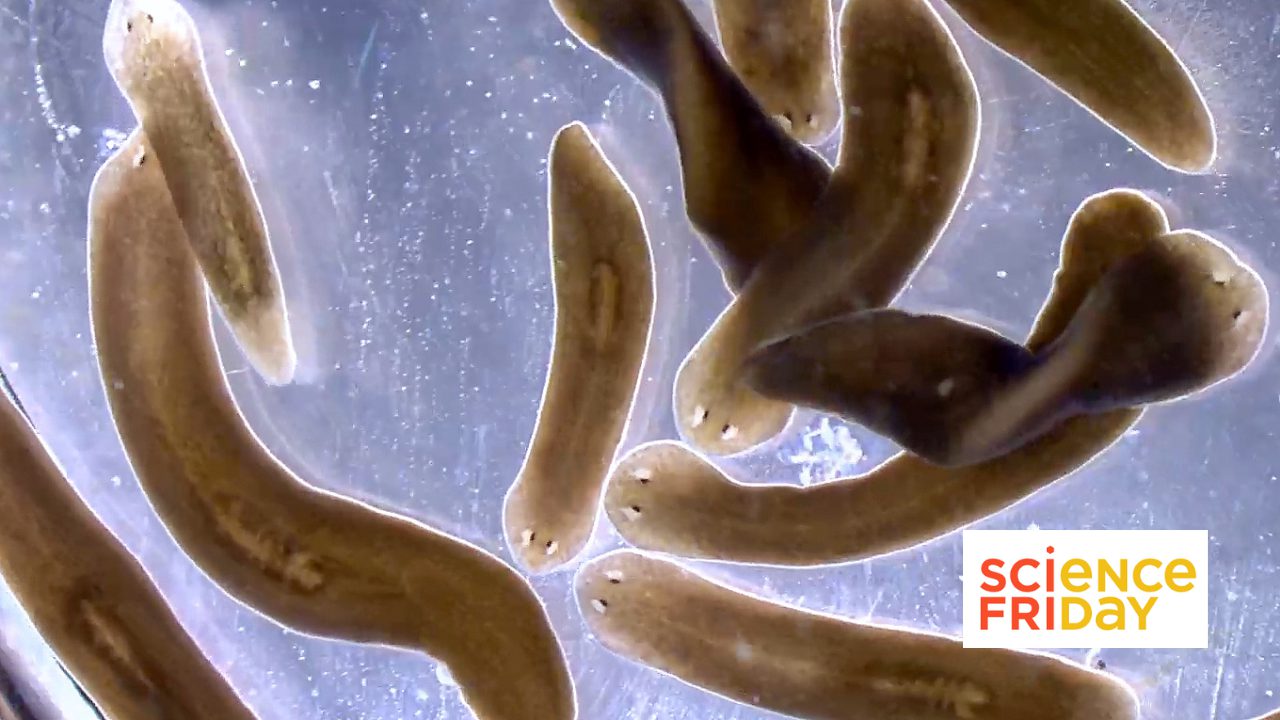In The News

07 January 2026
Investigator Kamena Kostova, named ‘Cell Scientist to Watch’
From the Journal of Cell Science, Investigator Kamena Kostova named a 'Cell Scientist to Watch'
Read Article
KANSAS CITY, MO—R. Scott Hawley, Ph.D., Stowers investigator and Dean of The Graduate School of the Stowers Institute for Medical Research, has been selected to receive the 2013 George W. Beadle Award for his outstanding contributions to the community of genetics researchers, the Genetics Society of America announced today.

R. Scott Hawley, Ph.D.
The award was established by the society in 1999 and named in honor of its past president, geneticist George W. Beadle, who received the Nobel Prize for his discovery of how genes direct the manufacture of proteins that control basic metabolic functions.
“No one is more deserving than Scott,” said Scientific Director Robb Krumlauf, Ph.D. “Scott has had a profound impact on the field on genetics through his groundbreaking discoveries but maybe even more so through his unrelenting enthusiasm for teaching, which has inspired generations of students to consider a career in science.”
“Working with Scott both before entering medical school and during my graduate phase has been a wonderful experience. I consider myself fortunate to have a mentor who is a highly respected scientist, ardent supporter of my work, and an enthusiastic teacher,” said Danny Miller, an MD-PhD student in Hawley’s lab. “Scott has both validated my decision to pursue a career in science and given me a career model to strive for in the future.”
Hawley is known worldwide for his seminal work on meiosis, a specialized type of cell division that sets the stage for sexual reproduction. In an orderly stepwise fashion maternal and paternal chromosomes pair up, exchange genetic material and then separate. The tightly controlled process halves the number of chromosomes carried by sperm and egg cells and thus allows the genes of two parents to be combined without increasing the total number of chromosomes.
Hawley’s work in female fruit flies has fully characterized a process that allows chromosome pairs to skip the exchange step and successfully segregate without the exchange of genetic information—a puzzling observation made by George Beadle himself half a century earlier—demonstrating for the first time that the segregation step could be analyzed at the level of the individual molecular players.
As Hawley and others developed new fly mutants and sophisticated imaging technologies became available, he expanded his research to study the entire process of meiosis and recently has made significant progress in understanding the mechanisms that physically hold the maternal and paternal chromosomes pairs together.
In recognition of both the research and teaching activities in his career, Hawley was selected as an American Cancer Society Research Professor and is also the recipient of the GSA’s 2008 Excellence in Education Award. Indeed, he one of only a handful of people who have won two awards from the GSA.
Beyond his research and teaching activities Hawley has contributed to the genetics communities at the national level as a long-term board member and past of the GSA and as its President in 2010. He has also created and/or helped to develop international meetings and courses, and has played an active role on the editorial boards of numerous scientific journals.
Hawley is a member of the National Academy of Science and has been elected to the American Academy of Arts and American Association for the Advancement of Science.
About the Genetics Society of America
Founded in 1931, the Genetics Society of America (GSA) is the professional membership organization for scientific researchers, educators, bioengineers, bioinformaticians and others interested in the field of genetics. Its nearly 5,000 members work to advance knowledge in the basic mechanisms of inheritance, from the molecular to the population level.
About the Stowers Institute for Medical Research
The Stowers Institute for Medical Research is a non-profit, basic biomedical research organization dedicated to improving human health by studying the fundamental processes of life. Jim Stowers, founder of American Century Investments, and his wife, Virginia, opened the Institute in 2000. Since then, the Institute has spent over 900 million dollars in pursuit of its mission.
Currently, the Institute is home to almost 550 researchers and support personnel; over 20 independent research programs; and more than a dozen technology-development and core facilities.
In The News

07 January 2026
From the Journal of Cell Science, Investigator Kamena Kostova named a 'Cell Scientist to Watch'
Read Article
#Stowers25: Celebrating 25 Years
06 January 2026
Alejandro Sánchez Alvarado, Ph.D., reflects on a year of discovery, gratitude, and the community that helps support our mission.
Read Article
In The News

01 January 2026
From Science Friday, President and CSO Alejandro Sánchez Alvarado talks about the science of regeneration and the biology lessons we can carry into the new year.
Read Article
